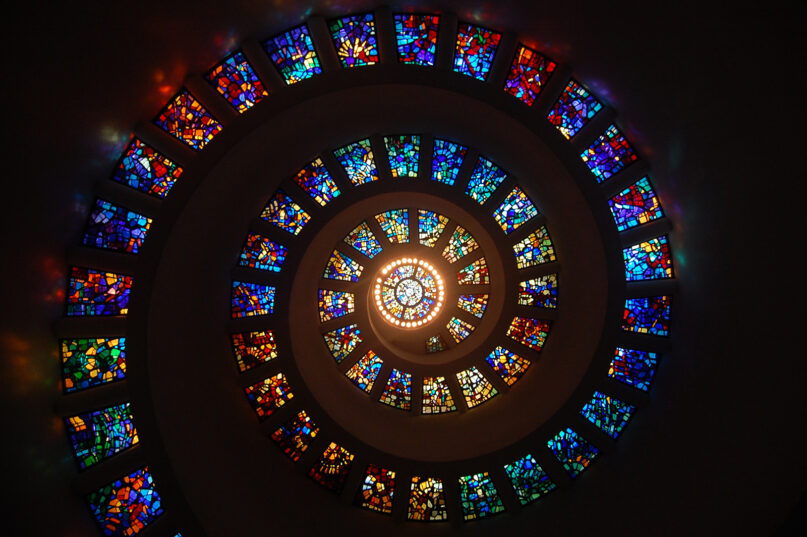(RNS) — Last week, Pew released a new survey describing the state of spirituality in America. It contains a lot of interesting information about Americans’ spiritual beliefs as well as new demographic data on our self-identification as “spiritual” and/or “religious.”
What the survey does not do is indicate how the self-identification numbers have changed over time. Instead it contents itself with the following:
While Pew Research Center surveys have documented a decline since 2007 in the percentage of Americans who identify as Christian, the evidence that “religion” is being replaced by “spirituality” is much weaker, partly because of the difficulty of defining and separating those concepts.
This survey is intended to help fill the gap.
Well, OK. But the question of whether religion is being replaced by spirituality has up till now been answered by asking people whether they consider themselves spiritual and/or religious. And in fact two earlier Pew surveys as well as the present one provide the percentages.
Thus, the proportion of Americans who say they are spiritual but not religious rose from 19% to 27% between 2012 and 2017 but has since declined to 22%. As for the three other categories:
- The proportion who say they are religious and spiritual sank from 59% in 2012 to 48% in 2017 and remains at 48%.
- The proportion who say they are religious but not spiritual was at 6% in 2012 and 2017 but has now grown to 10%.
- The proportion who say they are neither religious nor spiritual has grown from 16% in 2012 to 18% in 2017 to 21% today.
In sum, the proportion of Americans who say they’re spiritual dropped by three percentage points from 2012 to 2017 and since 2017 has dropped by an additional five points — an overall decline from 78% to 70% of the adult population. Compare this to the seven-point drop (from 65% to 58%) in the proportion who say they’re religious.
From these numbers the evidence that “religion” is being replaced by “spirituality” would appear to be non-existent. To the contrary, at the moment spirituality is dropping a bit more quickly than religiosity.
That, I think, is the news in the new Pew survey. But I also think I know why Pew kind of, well, suppressed it.
For one thing, that news would have tended to overshadow the detailed information on beliefs presented by the survey. For another, “spiritual” and “religious” turn out to be terms that don’t differentiate people as clearly as you might think. Indeed, in seeking to define and separate the two, the survey comes up with significant overlap.
For example, 89% of the “spiritual but not religious” (SBNRs) believe people have a soul or spirit in addition to their body, as compared to 92% of the religious, both spiritual and not (Rs). And where over 70% of SBNRs believe that animals, trees, rivers and mountains “can have spirits or natural energies,” so do half of Rs.
As to what respondents themselves think being spiritual is, 14% of SBNRs relate it to belief in God and other strictly religious doctrines, while 36% of Rs do. Likewise, 46% of SBNRs relate being spiritual to such abstract ideas as belief in a higher power, as do 27% of Rs. Here it’s worth bearing in mind that over one-third of SBNRs actually assert a religious identity.
In the end, the survey doesn’t give an answer to the question of whether spirituality is replacing religion. Its conclusion would seem to be that the question is unanswerable, if not meaningless. But given the extent to which “spiritual” and “religious” go hand in hand, it should come as no surprise that they’re traveling down a similar path.






